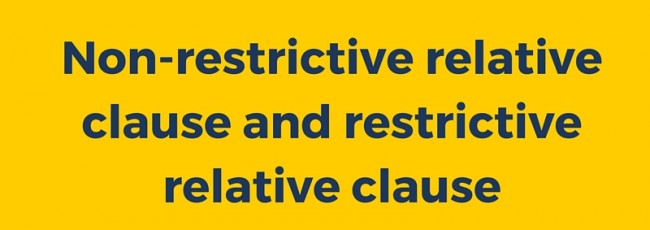Online Spell check, Grammar, and Thesaurus checking
Month: September 2015
Proper and common noun
- September 22, 2015
- Posted by Mila

Proper and common nouns differ in one way: capitalization. Is it a cat or is it Nibbles? Is it a country or is it the United Kingdom? Common Any person, place, thing or idea that is not capitalized is called a “common noun.” Be careful to not lump “he,” “she” and “it” into this category;…
Positive and Postpositive adjectives
- September 21, 2015
- Posted by Mila

A positive adjective is the basic form of an adjective that is used to describe a simple quality, such as slow, happy, big and so forth. A nice gift Fast cars Cold water Fluffy kittens Postpositive adjectives come after the words they describe. This is the rule in Spanish and other languages but it is…
Non-restrictive relative clause and restrictive relative clause
- September 20, 2015
- Posted by Mila

A relative clause is a group of related words that defines or adds information about the noun that it follows. These clauses begin with a relative pronoun such as “that,” “which” or “who,” and they are organized into two types, “non-restrictive” and “restrictive clauses.” Restrictive Clause Also called a defining relative clause, this small group…
Non-finite verb
- September 19, 2015
- Posted by Mila

Finite verbs need no assistance from other words and can form complete sentences with only a noun, such as “Bob walked,” “horses grazed,” “we sang.” Non-finite verbs, on the other hand, are not used in a subject and single verb predicate scenario. They are not inflected and do not show tense, number, mood, person, aspect…


